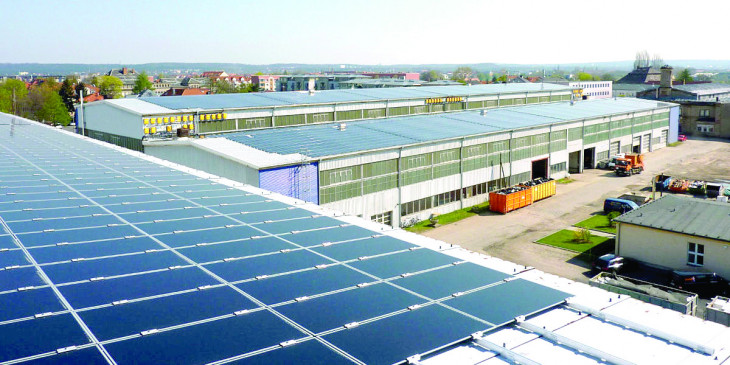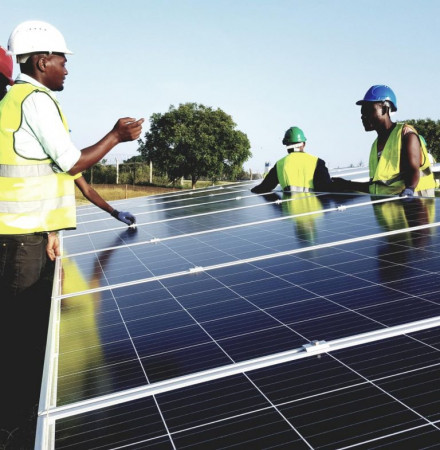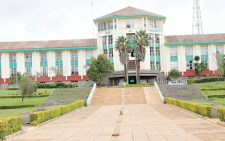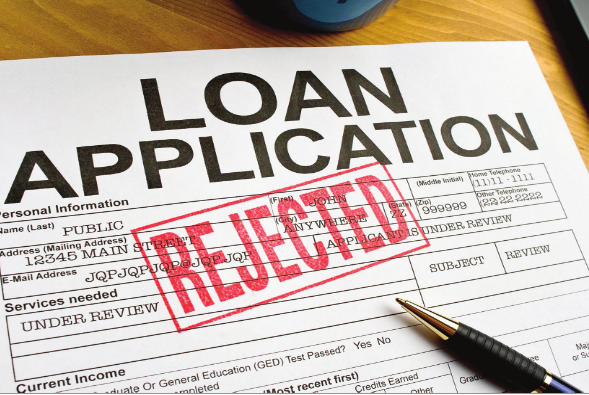Paper firm taps solar for energy

The East African Paper Mills has applied for a power generation licence to enable the firm to use its own power operations.
In a public announcement, which increases the number of Kenyan firms eyeing alternative sources of power, the paper miller said it is planning to apply for a licence for the generation, transmission, and distribution of electrical energy to serve its premises in Thika.
“The intention is to install ground and roof-mounted solar panels at East African paper Mills, along Factory Street, Kiambu county, to serve the company’s installations around the said estates,” the firm said in a notice marked June 6, 2022.
Application for lisence
It says the generating system will be a solar photovoltaic plant with a contracted capacity of a 1,500-kilowatt peak (kWp). The application for the license will be made on June 24th as it waits for formal representation on objections to the application.
The move comes as large power consumers who contribute more than half of Kenya Power’s revenue, continue seeking alternative means of energy, citing inefficiency and steep power bills partly contributed by fuel costs and capacity charges that compensate power generators for electricity produced but never used.
If granted the rights, East African Paper Mills will join the growing list of Kenya Power industrial customers defecting from the national grid, dealing a blow to Kenya Power’s shrinking revenues.
Bamburi Cement has signed an agreement with IPP Momnai Energy Ltd to set up two solar plants estimated to account for about 40 per cent of the company’s total power supply.
Surge in cost of fuel
Africa Logistics Properties (ALP), Mombasa International Airport, London Distillers Limited, and Kapa Oil refineries are other heavy Kenya Power customers who have migrated citing high costs.
The application for a power generation license is usually done to the Energy and Petroleum Regulation Authority (EPRA). This is meant to allow the community to access any possible adverse effects.
By the end of 2021, the installed capacity was 2,990 MegaWatts against a peak demand of 2,036 MegaWatts. This implies that the idle electricity of about 954 MW is likely to surge if more firms shift.
This comes even as the government continues to invest in producing electricity. The Public Investment Committee last week raised a red flag over failures by electricity generator KenGen to connect Sh79.3 billion geothermal wells to the national grid despite the government servicing the loans used in the investment.













